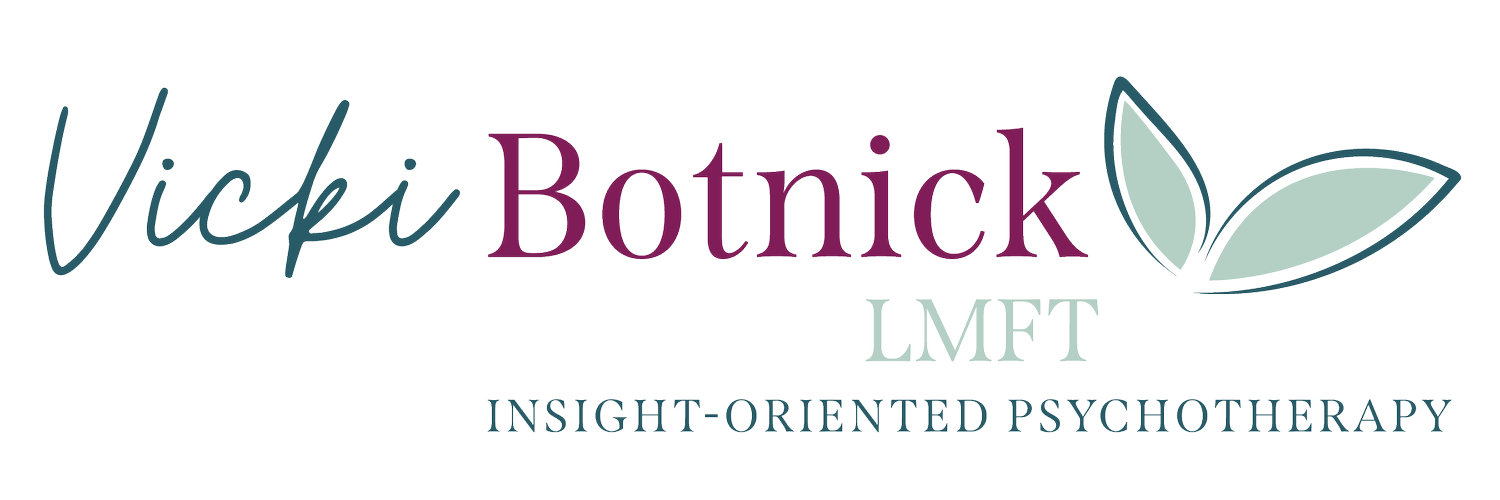
Trauma Counseling
If past pain is getting in the way of your current happiness, our evidence-based treatment can help
Sometimes it can feel like you’re always in survival mode. We can help find a better way forward.
Do you sometimes feel like you aren't in charge of your own body and mind? Do you often feel like you are waiting for everything to go wrong? Do you suffer from negative self-image or find it difficult to ask for what you need? Trauma therapy can help you make sense of the difficult things you have faced and how they affect you.
Unresolved trauma can have a broad range of physical and psychological responses. You might experience fatigue, sleep issues, or trouble relaxing. Reminders of trauma might leave you feeling out of touch with your body, or as if you are back in that same painful place. You may frequently experience strong emotional responses that make it hard for you to think logically.
Experiencing trauma can make you feel heavily reliant on others and unable to stand on your own or you may feel that others are unsafe and should be avoided. You may struggle to connect with others as a result even though you sense that it would help you to heal.
There is hope. We understand how painful and exhausting these effects can be and use techniques backed by science to help you learn new tools to improve symptoms. With work, you can take control and move forward.
How We Work
Trauma therapy methods can alleviate symptoms related to how we think, how we feel, and how we process. Difficult events can leave us with an inaccurate voice in our heads that tells us things like “you are a problem” or “you are not enough.” Therapy can help you understand where this voice comes from and begin to challenge this voice. We can rewire our brains which can lead to less stressful thoughts and reactions and encourage self-compassion.
Somatic work can also be a key component of trauma therapy. Though you might already understand your past and have learned to cope, trauma is stored throughout the body. Learning to recognize how our body is affected by trauma and learning how to calm the body down can lead to improved physical symptoms like better digestion and improved sleep. With your therapist, you can develop tools to help you relax in stressful situations and get your thinking brain back online.
Trauma work might involve reprocessing traumatic memories through methods like EMDR or TRM in order to improve reactions to traumatic reminders. Changing how our brains react to past events can lead to a better balance of thinking and emotions. Finding this balance can help us improve our relationships and overall well-being.
Our trauma is not our fate- things can get better.
You might be asking yourself…
What if bringing up my past makes it worse? Am I opening a can of worms?
Before trauma work even begins, our therapists will make sure you have the skills to cope with thoughts or emotions that might arise temporarily. You may have shared the trauma you’ve experienced with others before, but this time is different. Our trauma-informed and trained professionals will help you work at your pace and with your preferences.
What if I can’t get better? What if I am stuck with my trauma?
The methods used by our clinicians are evidence-based and supported by scientific research. An improvement in physical symptoms, negative thoughts, and emotional reactions are possible. We sometimes tell ourselves that our difficult past “is what it is” as a way to cope, or the trauma we’ve experienced may have taught us thoughts like “it’s my fault” or “bad things always happen.” It’s time to find a new way of thinking about our distressing memories.
What if it hurts too much? What if I’m not strong enough?
While difficult emotions and thoughts may come up in trauma therapy, learning to tolerate and improve them can have uplifting results. Think about a new exercise routine, hobby, or job you have taken up in the past. There might be some discomfort in the beginning, but with practice and work you saw results.
You’ve made it this far.
Most people avoid difficult memories if they are able. The fact that you are even contemplating trauma therapy shows that you have developed resilience. Our therapists will bring their lived experience, along with their training in trauma work, to provide you with appropriate care. Try reaching out to our therapists for a free 20-minute consultation to see if we are a good fit.
Ready to connect?
“It takes courage to grow up and become who you really are.”
E.E. Cummings
Tarzana, California Office Location
Online and in-person therapy sessions available
18455 Burbank Blvd. Suite 212
Tarzana, CA 91356

Related Blogs






